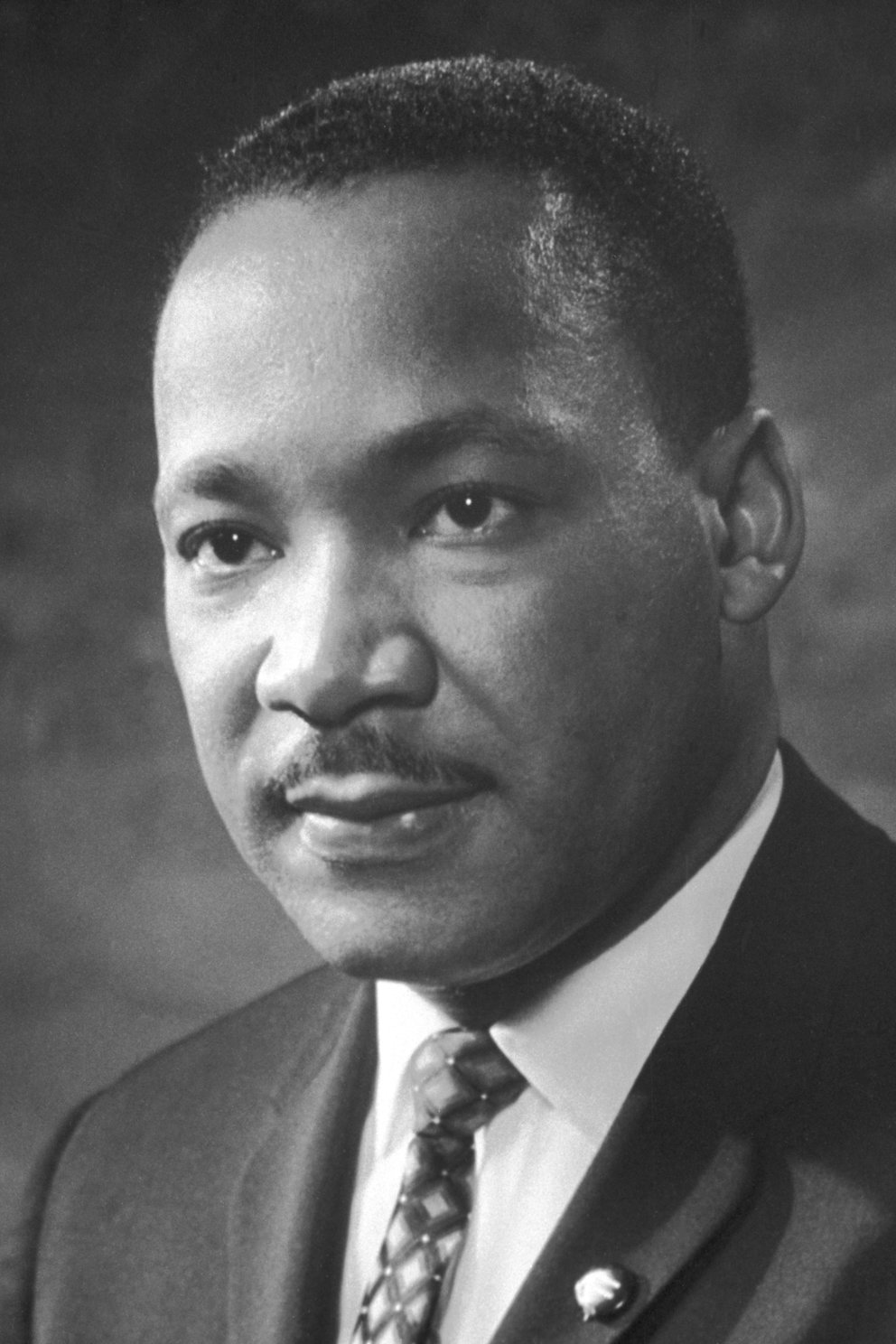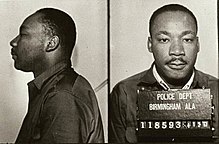Yes, you read that right: You are real.
This might be no surprise to you, but it's a reminder I think we all need to hear (and a declaration I have to make myself sometimes) because there is a pervasive tendency in digital culture to allow the anonymity that the barrier of the screen creates to divide us, leading us to say and do things we would never have the gall to say to somebody in person.
So, that's why I say "you are real." If you're seeing this, we've met somewhere, somehow, and I know you. You're not just some random user in a forum who saw my post and wanted to rant; you're somebody I know somehow. And you matter.
Awhile back, I had an online debate with a fellow minister about the ethics and ramifications of "virtual church" (ironically, this was before COVID-19 lockdowns), and he was absolutely convinced that it was impossible to connect with people digitally in a meaningful way. He simply couldn't make the leap to how online contexts are so often a reflection of the reality we often experience in person. Of course, with me having taught and studied online (as well as in person and hybrid), and my having spent the last 10+ years (now 15) developing quality online learning experiences, and with me being an early adopter of livestream and videoconferencing technologies, he was picking a fight with the wrong guy (it's kind of a losing proposition to insist something can't be done when you're arguing with somebody who's been doing it for over a decade).
And, ironically, we were having this whole discussion on Facebook, via screen names, with avatars and selected media samples to represent ourselves. So it was hard not to chuckle at the notion that either I was an AI "bot" or he was simply proving my point with every attempt to argue otherwise (if I'm not a real person, why does it matter what I think?). Upon later reflection, I realized he was letting that screen barrier and the anonymity it creates get in the way of a potential friendship, especially considering everything else we had in common. Sometimes we care more about wanting to be right than about our relationship with the person on the other end.
Remember...
- We are not as different nor as divided as the media want to make us think we are. Such outlets thrive on portended divisiveness because it sells airtime and goods. Don't believe it.
- Most of us have significantly more in common with those we argue with than the few things we disagree on. Focus on what you have in common and your shared concerns, and you will be amazed at how much more productive, meaningful, and transformative your interactions are.
- All of us are facing challenges and struggles and situations that seem unprecedented in our experience. When I finished a huge regional conference with international attendees, followed by multiple meetings since then and today via Zoom with many different groups of people I know, work with, and interact with, I was reminded of this once again.
And knowing this forces me to think long and hard about how I respond to others online, because...not only are YOU real, but so am I. And so are "THEY" (and in reality, there is no "they," only "WE" - if we can allow ourselves to be part of a global community of progress). When everything's "they" and "them," and there's no "we," then we've lost the most precious human capacity and privilege we have - COMMUNITY.
So, greet somebody today, tomorrow, and the next day as if they're real...because they are. A fellow citizen and traveler through life's journey with challenges and struggles much like you and I face...trying to make sense of it all and make a difference.
And see if that doesn't change your perspective a bit (as well as how they respond to you).
- - -
SOURCE: Image generated by DALL-E 3 (ChatGPT4o) in collaboration with David J. Swisher. Text republished from an original Facebook post I made Aug. 13, 2020 (updated slightly).






